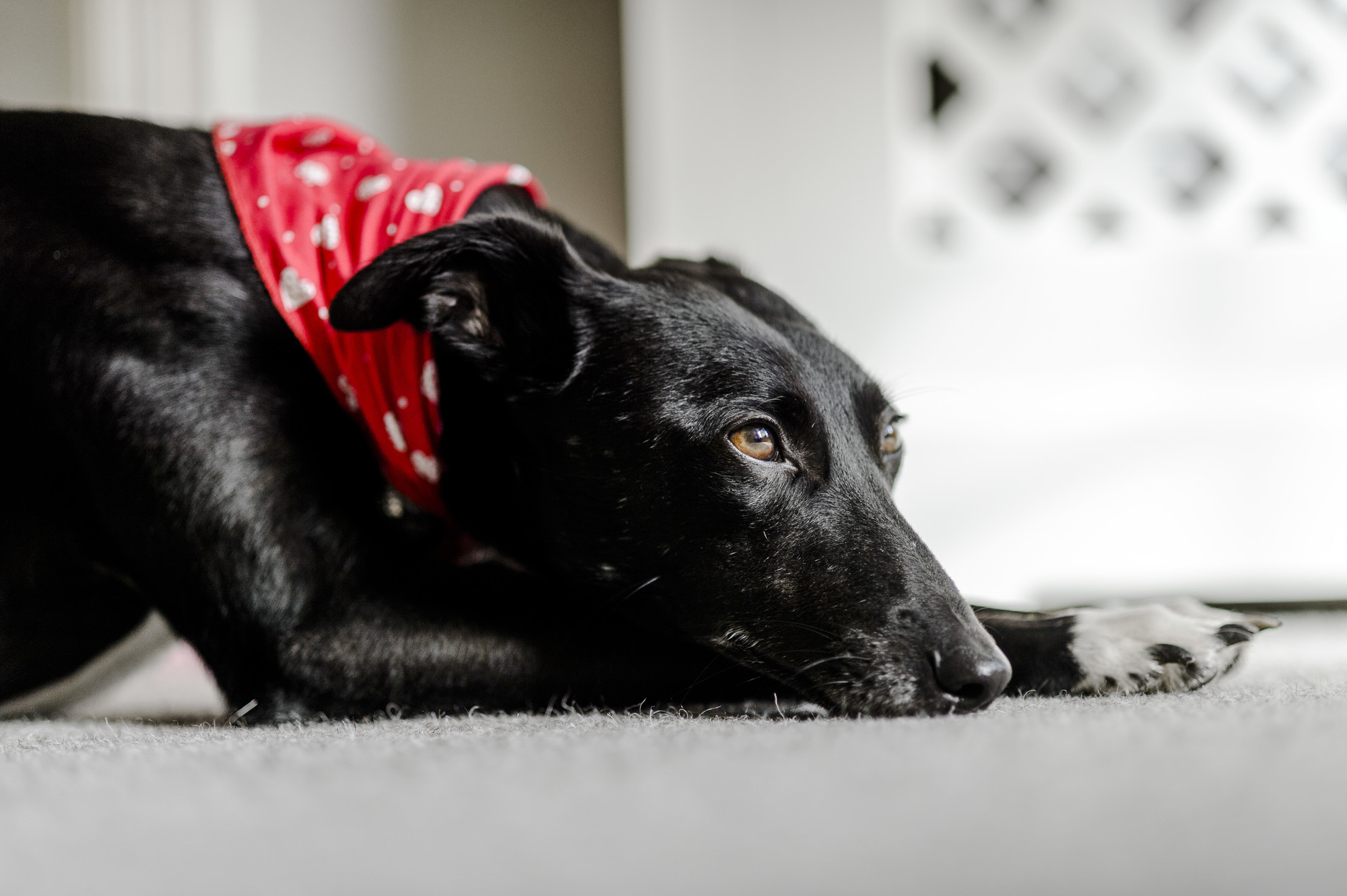
Do dogs get the winter blues?
Humans are often affected by the change in the seasons, with some suffering from seasonal affective disorder, but what about our dogs?
Can dogs get seasonal affective disorder (SAD)?
It’s unclear as to whether or not dogs suffer with SAD. This condition is hard to diagnose in humans and proves even more difficult when looking at our dogs.
Many owners have reported that their dogs sleep more and can sometimes lose their appetite during the winter, however, this is more likely to be linked with our change in routine over the cold, winter months rather than that of SAD.
What could be causing my dog to act differently during the winter?
People are affected by the lack of sunlight during the winter months and, with dogs also being mammals, it is possible, though not scientifically proven, that dogs may also adjust their habits and behaviours during this season. We often feel the need to hunker down and rest to keep warm and conserve energy and, potentially, our dogs could be similarly affected. Do bear in mind, though, that dogs are intuitive animals and, if you show signs of low mood, this may have an impact on how they feel, too.
Other factors that could be causing your dog to act differently during the winter include:
- Spending less time outside – it's likely that you're not out and about walking with your dog as much in winter, which may affect you dog's mood as well as yours. While some dogs shy away from rain and cold more than others, getting out provides mental stimulation for your dog and can lift the spirits of both you and your pooch.
- A change of routine – for many families, winter is a time when normal routines are disrupted due to the festive period. Often, dogs become used to having lots of people around over Christmas and plenty of fuss, so when January comes around and they’re left alone again, it can be a strange adjustment and could lead them to display signs of separation anxiety.
- A need for more sleep – some dogs could just see the new year as a chance to rest up and recoup after all the excitement of the festivities, sleeping more in the winter as a result.
How to make your dog’s winter better
While it’s unclear whether it’s directly the weather that impacts your dog’s mood during the winter months, there are things you can do to make their winter more comfortable.
Get outside
Exercise is a proven antidote to low mood and depression in humans, and the same can apply to your dog – so, getting out on walks together has the potential to give you both a boost. Make sure you take as much advantage as possible of those sunny winter days, but don’t let grey periods put you off. Wrap up warm and, if your dog suffers with the cold, get them a coat or jumper to keep them nice and toasty too. Just be sure to be careful on slippery surfaces and in low light, and never leave your dog outside for prolonged periods unattended in bitter conditions, as they could develop frostbite or hypothermia.
Games and enrichment
When extreme weather conditions stop your walking routine altogether, there are plenty of indoor games and enrichment activities that you can do with your dog to prevent boredom. Playing a game of tug of war, fetch and hide and seek, or using food puzzles, can all help to keep your dog mentally stimulated. You can also use your time indoors to teach them a new trick or work on existing training.
Provide them with warmth
Just like us, dogs love a cosy, warm corner to snuggle up in. Make sure their bed is in a warm spot away from any drafts, with plenty of thick bedding or blankets – and don't forget to curl up with them for a cuddle when they need a fuss!
Page details
Reviewed
• 13 January 2023
Next review
• 13 January 2026






